Pacific region Little Tern Geolocator Project
This Project is funded by The Mitsui & Co. Environment Fund
The Little Tern
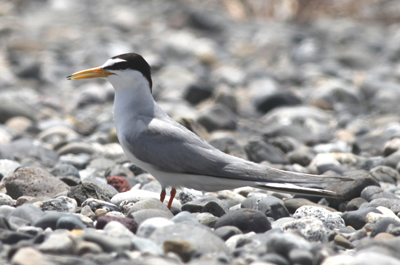
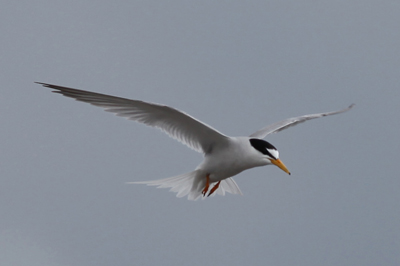
The Current Situation with Little Tern
From May till August little terns create colonies on sandbars and sandy or rocky shores of river banks and ocean coastlines but these habitats are decreasing due to human contact. Also, natural disasters and predation causes a reduction in colonies and causes further injury by inhibiting reproduction within the population. For this reason, the little tern is declared a Class II Endagered species by the Ministry of the Environment version of the Red Data list. 45 Prefectures aside from Hokkaido and Iwate have declared the little tern as concerned in their version of the Red Data list. Furthermore, the little tern being a species which crosses borders such as Australia, Russia, China and America to migrate; is protected by the Consevation of Migratory Species. And finally, the little tern is deemed an international rare plant and animal species by the Act on Conservation of Endangered Species of Wild Fauna nad Flora.
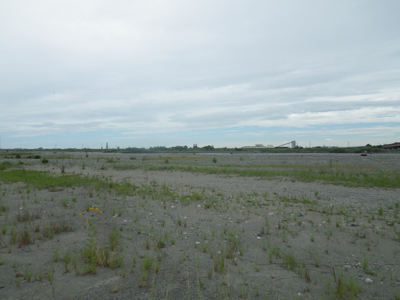
To Protect the Little Tern
The little tern being a migratory bird, requires not only a welcoming breeding
area but a habitable wintering and stopover area as well. Little terns
require all of these areas in order to successfully migrate. Conservation
and maintenance of nesting sites have been supported by NPO groups and
volunteers throughout Japan. Banding surveys show little terns migrate
to Australia for their wintering site, we also carry out conservation measures
for the Australian breeding population as well. However, where exactly
the stopover sites are located is uncertain, this is not yet a target for
conservation of the species. Stopover sites are very important to a species
that travel thousands of kilometers because they provide an area for little
terns to conserve energy. Until now we were not able to research and discover
these areas due to the little tern’s size. GPS devices are too heavy to
use on small species but thanks to an ever evolving technology we now have
the ability. Accomplished by the Geolocator.
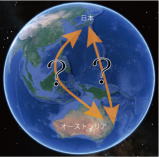
Geolocator
Geolocators are data loggers capable of receiving all sorts of information. For
the little tern, we chose a device to log light intensity and time. Daily
sunrise and sunset based on light intensity and time is how we receive
the latitude and longitudinal coordinates.
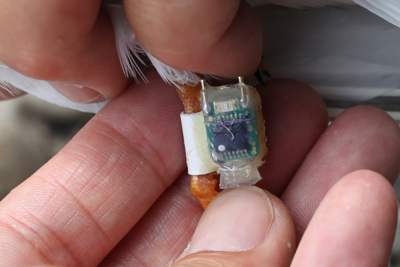
Attaching the Geolocator
The geolocator was decided based on the size and ecology of the little
tern. The device and the recognizable flag must weigh no more than 1.2g
in order to be mounted to the little tern. In 2013 we attached geolocators
to 100 individuals throughout Osaka, Chiba, Tokyo, Shizuoka and Ibaraki.
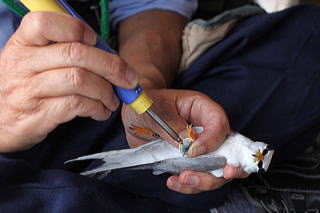
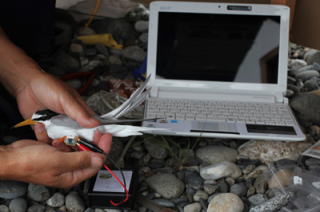
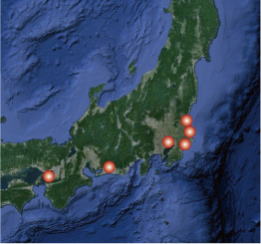
Information Retrieved by Geolocator
By use of geolocators we determined that little terns were not heading
south by way of the shortest distance. Instead they make round trip migratory
routes along island chains and other possible areas where they might rest.
However, data from the geolocator surfaced an area surrounding the wintering
site which was unclear. The geolocator data showed wintering sites were
not in south-eastern Australia as we believed but in the north-east of
Australia as well as the Philippines and Papua New Guinea. Due to low amounts
of data we cannot yet draw any conclusions but we do know where some individuals
are wintering. To increase our data, we must find the individuals with
geolocators attached out of the entire flock and recover the devices. If you see a little tern wearing a geolocator please contact us. We look forward to your information.
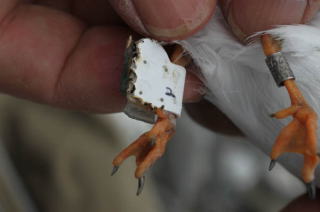
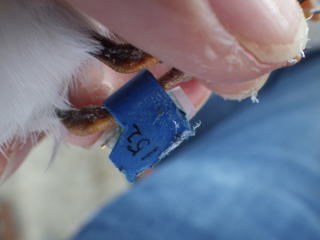
Geolocator with a white flag Geolocator with a blue flag
Contact: Japanese Society for Preservation of Birds
Tel: 03-5378-5691 E-mail: fujii☆jspb.org(please change ☆ to @) To Fujii
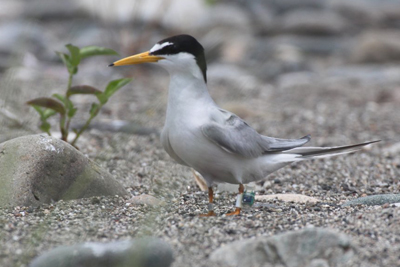
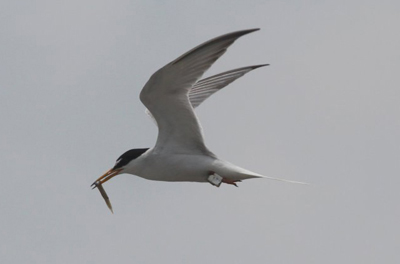
Individuals attached with a geolocator
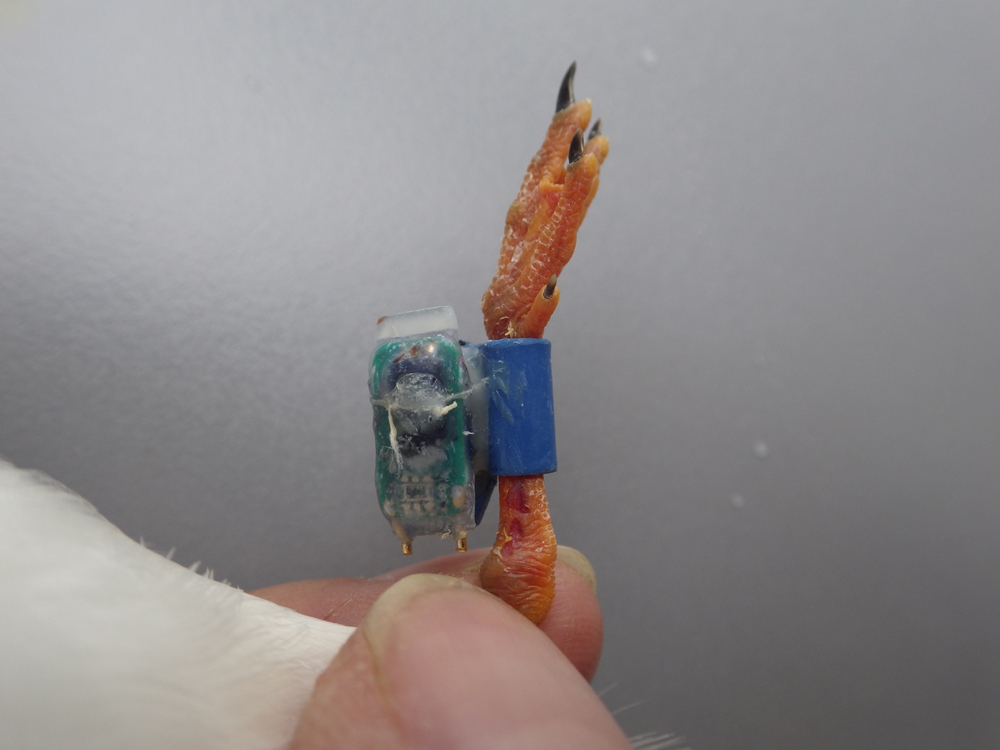
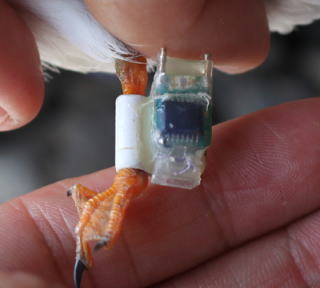
Geolocator
 ←Click here!
←Click here!
あなたは
人目の
訪問者です
バナースペース
公益財団法人 日本鳥類保護連盟
Japanese Society for Preservation of Birds
〒166-0012
東京都杉並区和田3-54-5
第10田中ビル 3階
TEL 03-5378-5691
FAX 03-5378-5693
3F, 3-54-5, Wada, Suginami-ku, Tokyo #166-0012,
Japan
アクセス/Map
![]()
![]()